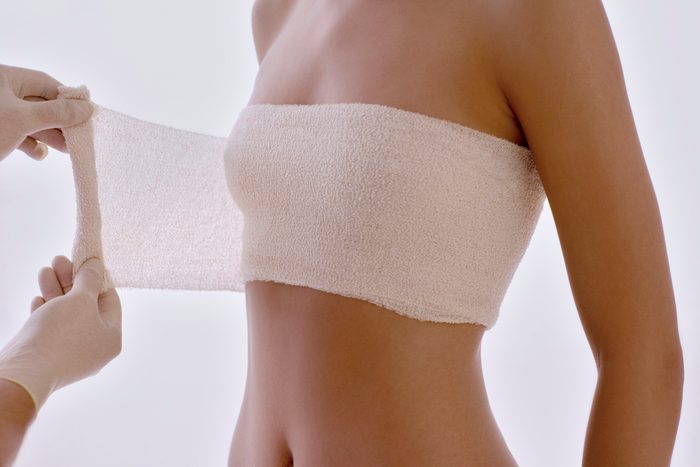
Breast implant questions for your doctor
Breast implant surgery continues to be one of the most popular plastic surgery procedures performed in the U.S. According to the American Society of Plastic Surgeons (ASPS), a total of 313,735 breast augmentation procedures were performed in 2018 (up 4 percent from 2017). If you’re thinking about breast implant surgery, you probably have a few important questions you want to ask your doctor first.
We spoke with plastic surgeons and asked the questions you may be too embarrassed to ask.
(Also for more information, you can read about breast reductions, including costs, risks, and benefits.)
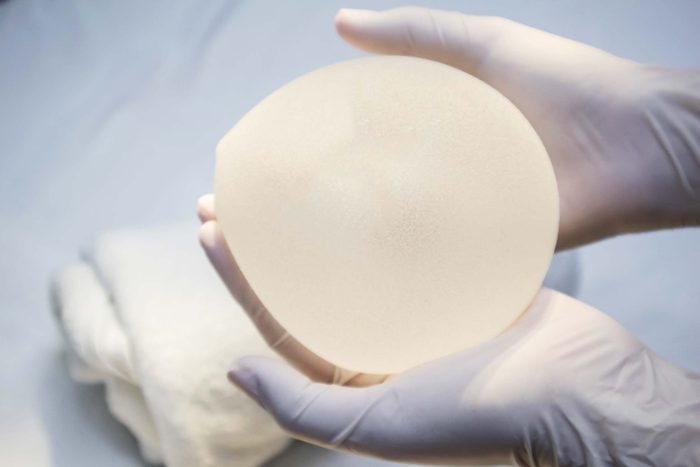
Q: Are all breast implants pretty much the same?
A: “Not really,” says Lara Devgan, MD, a plastic and reconstructive surgeon at Northwell Health. “If you have your breast augmentation done in the United States by a board-certified plastic surgeon, you can be confident that your implants have passed the rigorous standards of the U.S. Food and Drug Administration.” So they are the same in that they have been tested for quality, sterility, durability, and outcomes, and that thousands of women have had a good experience with them. However: “Implants can be smooth or textured, low projection or high projection, round or teardrop-shaped, and filled with cohesive silicone gel, gummy-bear cohesive silicone, or saline.” There is no one-size-fits-all breast implant, says Dr. Devgan. “The best implant for a given woman depends on her unique anatomic characteristics, as well as her desired results,” she says.
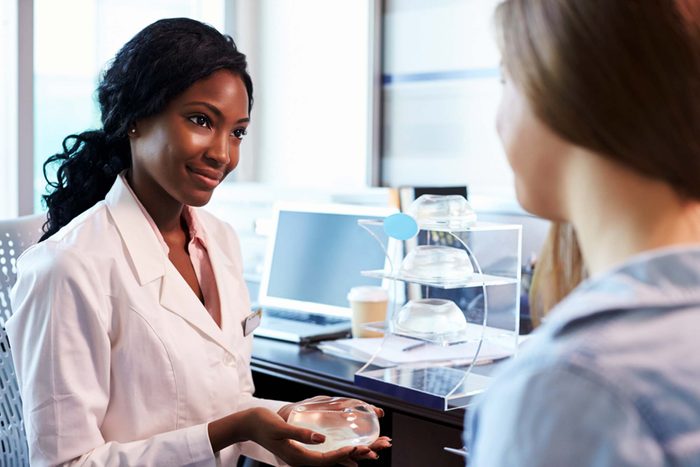
Q: What are breast implants filled with?
A: “Traditionally people have thought of implants as either silicone—soft and natural feeling, but made from a polymer—or saline, which are filled with salt water, but prone to rippling,” Dr. Devgan says. Now, plastic surgeons have added a third category to the mix: Structured Ideal implants, which are filled with saline but have an internal structural integrity that is supposed to make them look and feel more natural, she says.
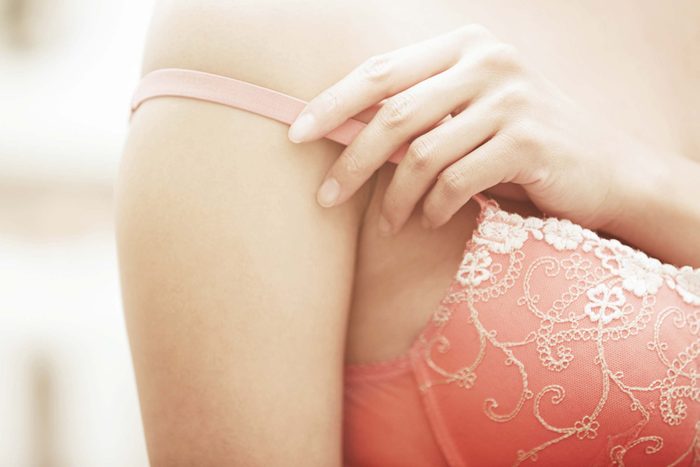
Q: Will I know if my silicone-filled breast implant ruptures?
A: “If a saline implant ruptures, you will know it right away because your breast will flatten,” says Dr. Devgan. “But with silicone implants, you might not be immediately aware of a rupture,” she says. The newest generation of silicone implants are form-stable, meaning that even if you cut the implant, it will retain its normal overall shape (imagine a gummy bear). The downside? “If your implant ruptures, you might not realize it because your breast shape will remain very much the same,” says Dr. Devgan. The U.S. Food and Drug Administration recommends that women with silicone gel-filled breast implants get regular exams either via MRI or ultrasound to screen for implant rupture and other complications. Currently, there are no screening or MRI requirements for women with saline implants.
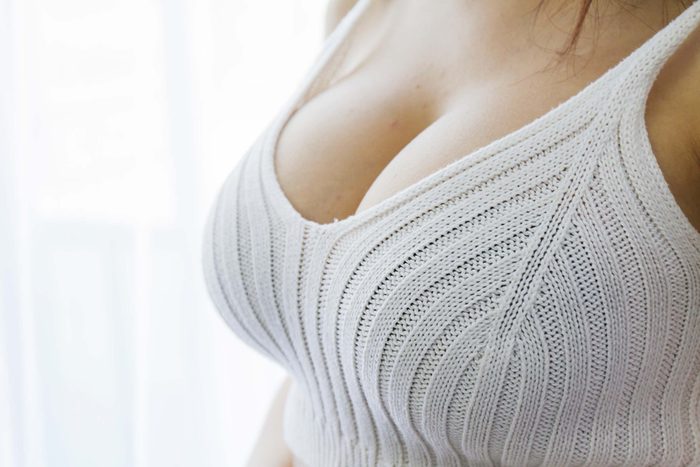
Q: Will breast implants last forever?
A: “They do not last forever, but a broken implant is a very uncommon reason to do a revision,” says Los Angeles plastic surgeon Steven Teitelbaum, MD, an associate clinical professor of plastic surgery at UCLA School of Medicine in Los Angeles. “A more typical reason for revisions are because someone wants to change their size, their breasts have started to droop as a result of time and gravity, or their body makes scar tissue around the implant.” Yup, breasts do change with age. The FDA reports that one in five women who receive breast implants for cosmetic reasons will have them removed within 10 years—and removal rates are higher for women who get the implants after breast cancer.

Q: Can I breastfeed with breast implants?
A: While patients are warned that they may lose the ability, most women are able to breastfeed following implant surgery, says Dr. Teitelbaum. “I’ve never seen anyone unable to breastfeed,” he says. Another concern about breastfeeding and breast implants can also be put to rest: Women with breast implants shouldn’t worry that breastfeeding will cause breast sagging. A 2013 study, published in the journal Plastic and Reconstructive Surgery, of nearly 120 mothers with breast implants, found that breast feeding did not cause sag. More good news: Silicone from breast implants doesn’t seem to affect breast milk, according to the Centers for Disease Control and Prevention.
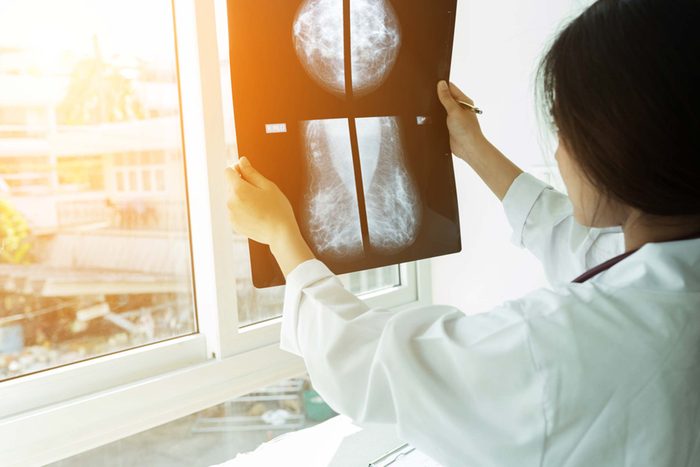
Q: Will breast implant obscure cancer on mammograms?
A: “When implants are behind the muscle and soft there shouldn’t be a problem,” Dr. Teitelbaum says. “Additional views need to be taken, and if the images still aren’t clear, you may get an ultrasound or MRI.” Choose a facility that regularly sees women with breast implants and always let the radiologist know that you have implants.
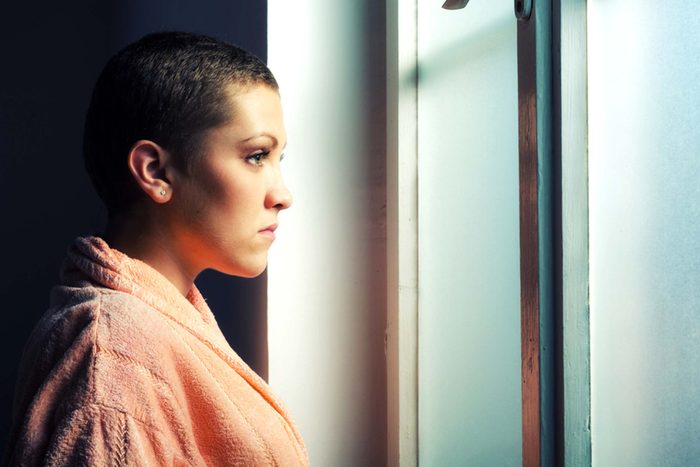
Q: Do breast implants cause cancer?
A: Previously, there were headlines that linked certain breast implants to a rare type of cancer called anaplastic large-cell lymphoma (ALCL). ALCL is not breast cancer. “Textured implants are associated with ALCL, but the best research suggests that the implants do not cause it,” says Dr. Teitelbaum. “There’s a possibility it’s bacteria that can hide in the texturing.” This is why most surgeons today use an antibiotic during surgery to kill all bacteria. There’s no reason to panic, adds Daniel C. Mills, MD, a plastic surgeon in Laguna Beach, Dana Point, and Orange County, California. “This is an extraordinarily rare occurrence,” he says.
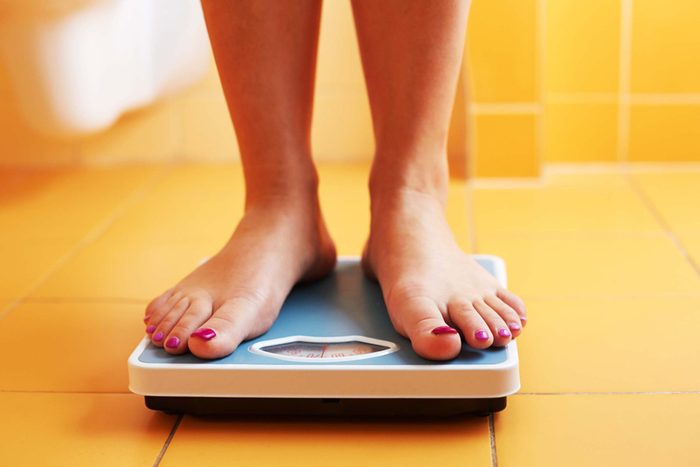
Q: Do breast implants cause weight gain?
A: Sort of, says Dr. Mills, but probably not in the way you are thinking. “Breast implants do weigh something,” he explains. Look at it this way: 454 grams is one pound, and most women put in 300 and 400 grams per implants. “We are looking at one to two pounds weight gain in the breast area.”
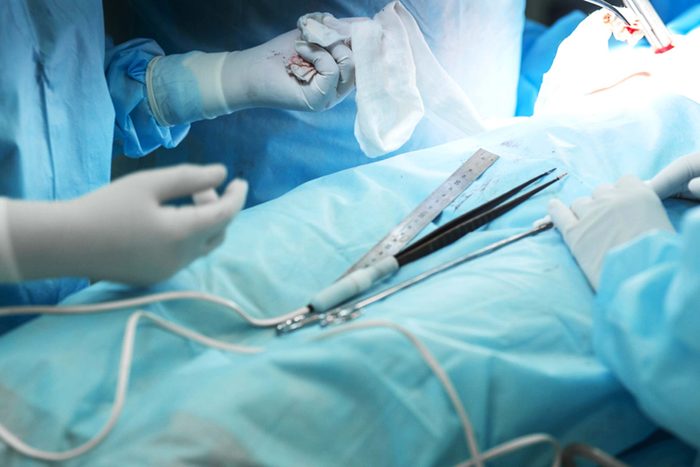
Q: Are implants the only way to get bigger breasts?
A: No, but they are definitely the most popular. Other ways to enhance the breasts without implants includes fat grafting to the breast. There’s also breast auto augmentation, where a surgeon removes a wedge of breast tissue from the bottom part of the breast and tucks in underneath the rest of the breast tissue. It is typically combined with a breast lift.

Q: What does it cost to get breast implants?
A: Depends on where you are. The price tag includes surgeon’s fee, operating room fees, anesthesia fees, cost of the actual implants (and whether they’re silicone or saline, round or shaped), medications (like pain pills and antibiotics to avoid infection) and the special garments you’ll need post-surgery. The U.S. average cost is $3,824, according to the ASPS. Insurance does not cover the cost of purely cosmetic procedures, but financing plans are often available if the price tag is too steep, says Jonathan Kaplan, MD, a San Francisco-based plastic surgeon at Pacific Heights Plastic Surgery and founder and CEO of BuildMyBod. The implants may also be tax deductible.
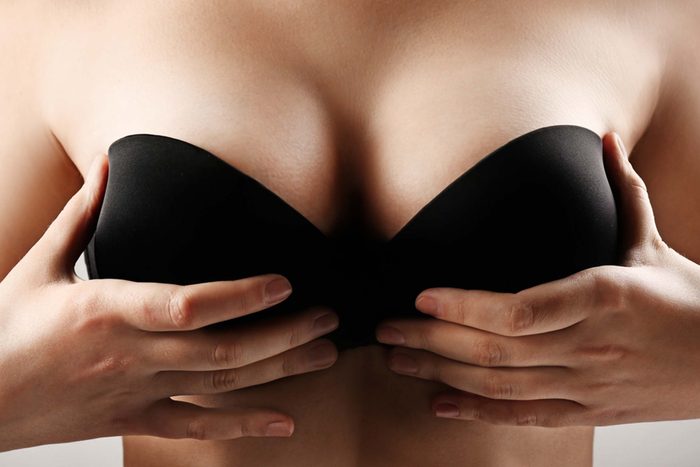
Q: Does it hurt when the skin stretches?
A: “Once the breast implant is placed within the breast pocket, it does stretch the skin but most patients don’t attribute their pain to skin stretching,” Dr. Kaplan says. Here’s why: Once the skin has stress placed on it, in response, it relaxes, which alleviates most pain. In addition, if the breast implants are placed under the muscle, the surgery requires cutting the pecs which hurts more than stretched skin, he says.

Q: What if my implants are too big or too small?
A: Choosing the correct breast implant requires planning before surgery, not during and definitely not after, Dr. Kaplan says. Bring a sports bra to your consultation, place sample implants in it, and see what looks best. “Some doctors even have computer software that will allow you to ‘see’ what your breasts will look like with various-sized implants.”
